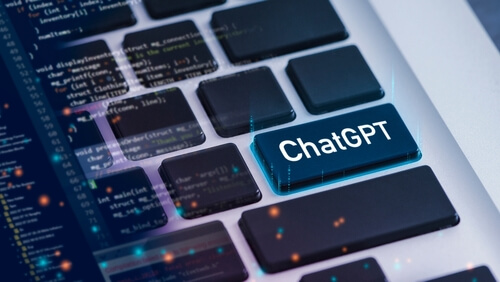On Sunday, Elon Musk’s xAI startup released open sources of its Grok to rival OpenAI’s ChatGPT, as X’s premium users can use the chatbot to ask queries and receive responses.
The move will enable researchers and developers to enhance the model and influence the evolution of xAI within Grok’s future developments as it contends with competing technologies from OpenAI, Meta, Google, and other companies.
The firm’s decision provides researchers and developers with unrestricted access to the potent weights and architecture underpinning the startup’s artificial intelligence (AI), empowering them to utilize it for their projects.
According to xAI, the public release incorporates the base model weights and network architecture of the 314 billion-parameter Mixture-of-Experts model, Grok-1.
Moreover, the chatbot, sourced from a checkpoint in October, has not been fine-tuned for any particular application, such as dialogue.
Reports indicate that Grok is revealed under the Apache 2.0 license, permitting commercial usage. However, this release does not encompass the training data or connections to X for real-time data.
In a post from November 2023, xAI stated that Grok’s large language models were created over the past four months and are aimed at coding generation, creative writing, and answering queries.
Meanwhile, Musk responded in an X post that the chatbot has areas for improvement but remains the most transparent and truth-seeking, especially in open-sourcing X’s recommendation algorithm.
Musk Releases Grok Amid Feud with OpenAI CEO
Musk’s discontent with AI progress led to legal action against OpenAI and CEO Sam Altman.
Tesla’s CEO recently sued OpenAI and Altman, claiming their partnership with Microsoft prioritizes profit over humanity’s benefit, breaching founding principles.
The lawsuit alleges breach of contract, breach of fiduciary duty, and unfair business practices and demands that OpenAI make its research public.
Musk’s legal action claims that OpenAI has become a closed-source arm of Microsoft, prioritizing refining AI for Microsoft’s profit over humanity’s benefit.
Meanwhile, firms have launched open-source or limited open-source models to get critiques from other researchers on how to improve them.
While several fully open-source AI foundation models exist, such as Mistral and Falcon, the most commonly used ones are either closed-source or have restricted open licenses.











